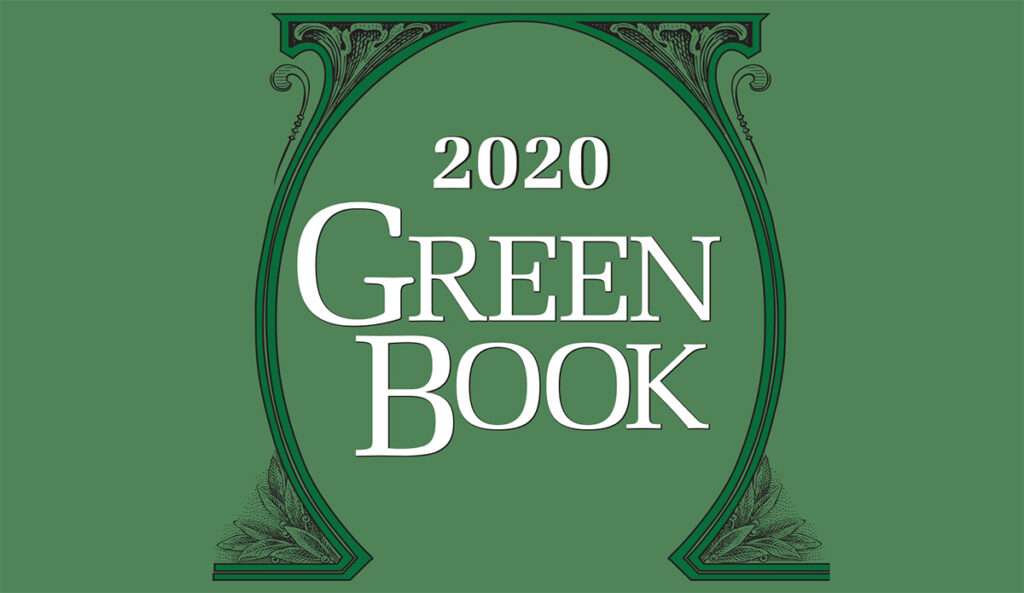With school closures, businesses shuttered for months, and inconsistent unemployment relief, Kansans’ well-being is in serious trouble. Governor Kelly’s history of denying Kansans tax relief and most recent action to veto the legislature overwhelming approval of property tax relief will only make matters worse. Our 2020 Green Book summarizes what 20+ years of Governor Kelly-like economic policies can do to families and businesses. Our report comes at a time where Kansans are under significant hardship under COVID-19 and government-imposed economic shutdowns.
Kansas government lockdowns have kept more businesses closed and for longer periods than necessary, contributing to an over 120,000 private-sector job loss in a single month. The economy is on course to shrink by tens of millions of dollars a day. The Kansas Department of Labor cannot consistently provide relief payments to Kansans forcibly unemployed by government action. Now due to Governor Kelly’s veto of property tax relief,
Kansans must not pay penalties and interest on their property.
Kansans cannot set up payment plans for their property taxes.
Kansas cities and counties can raise your property taxes by not adjusting mill rates lower along with rising property values.
The 2020 Green Book serves as a wake-up call for Kansans about the growing government burden on our well-being. Whether it’s jobs, wages, or economic output, states with lower tax burdens grow faster than Kansas and states with higher tax burdens. Slowing jobs and accelerating government budgets perhaps explains the disturbing trend of property taxes. Here are some highlights from the 2020 Green Book.
Iola, Kansas has the highest rural commercial property tax rate (effective) in the nation.
Iola, Kansas has the 3rd highest rural industrial property tax rate (effective) in the nation.
Iola, Kansas has the 14th highest rural homestead property tax rate (effective) in the nation.
11 Kansas cities (Class A) have rising property taxes despite their tax base, population, shrinking
66 Kansas counties have rising property taxes despite their tax base, population, shrinking
In time, we’ll offer more facts and policy considerations with help from the 2020 Green Book. Moreover, our hope is the one-stop-shop nature of the Green Book helps Kansans understand the Kansas economic stagnation of Kansas. It should invite questions of our elected officials.





